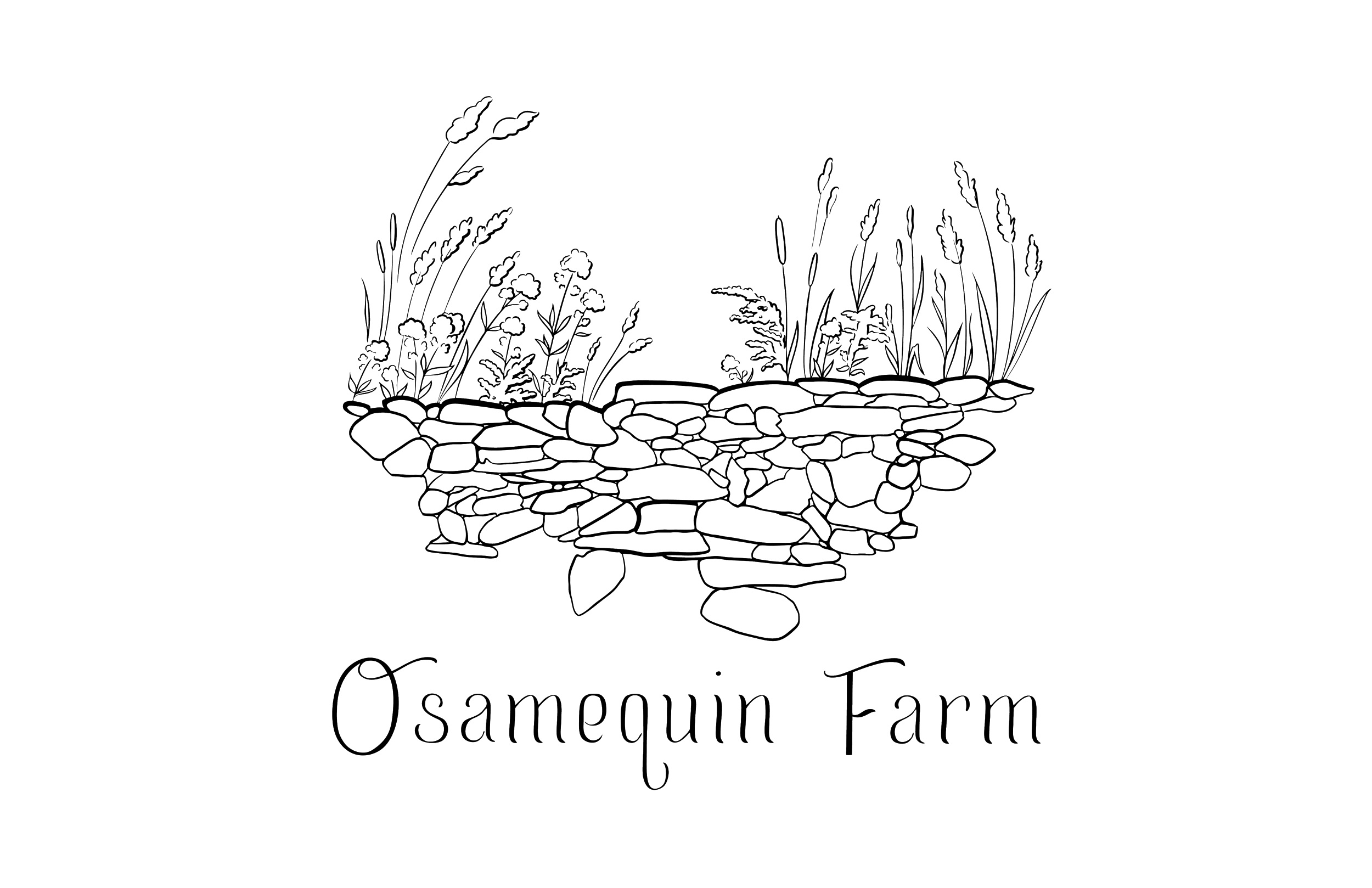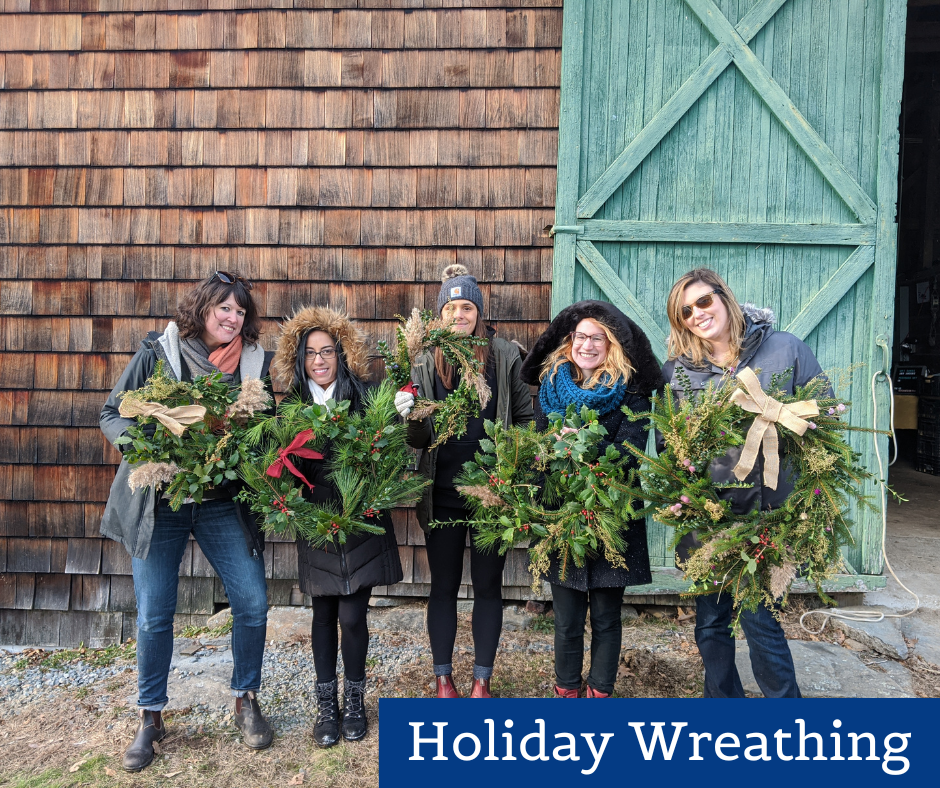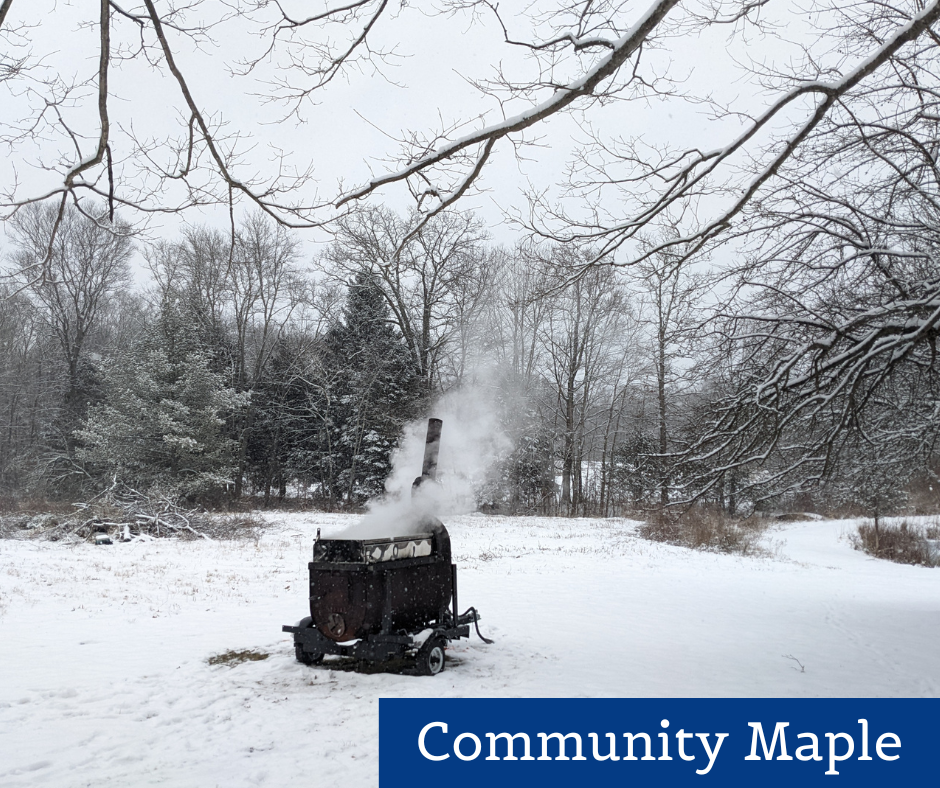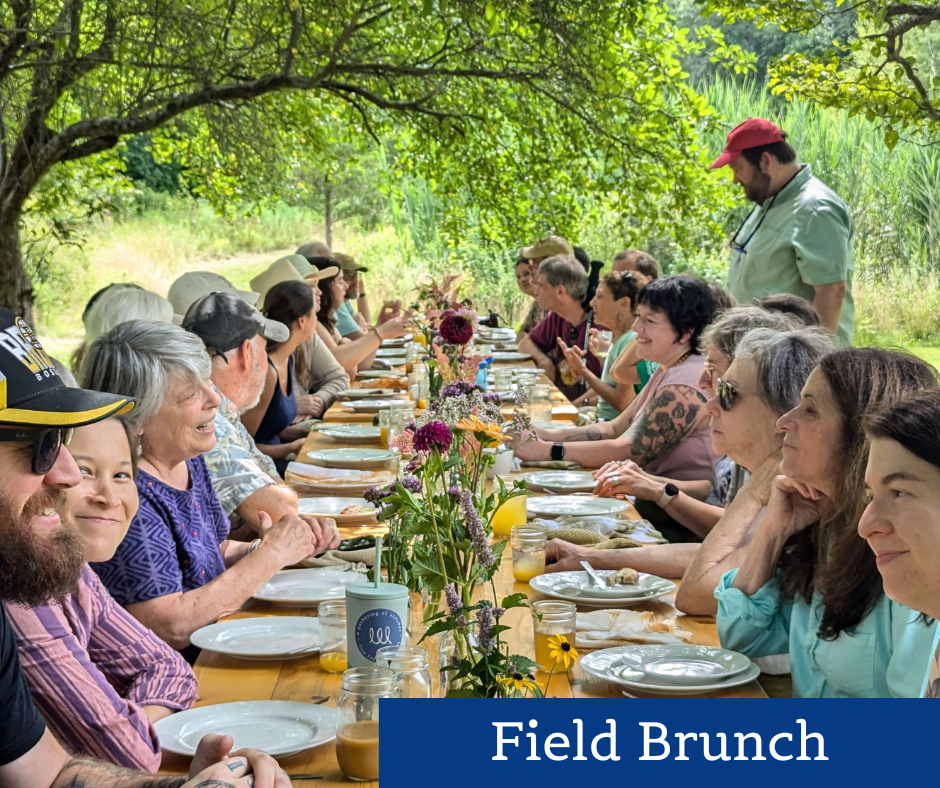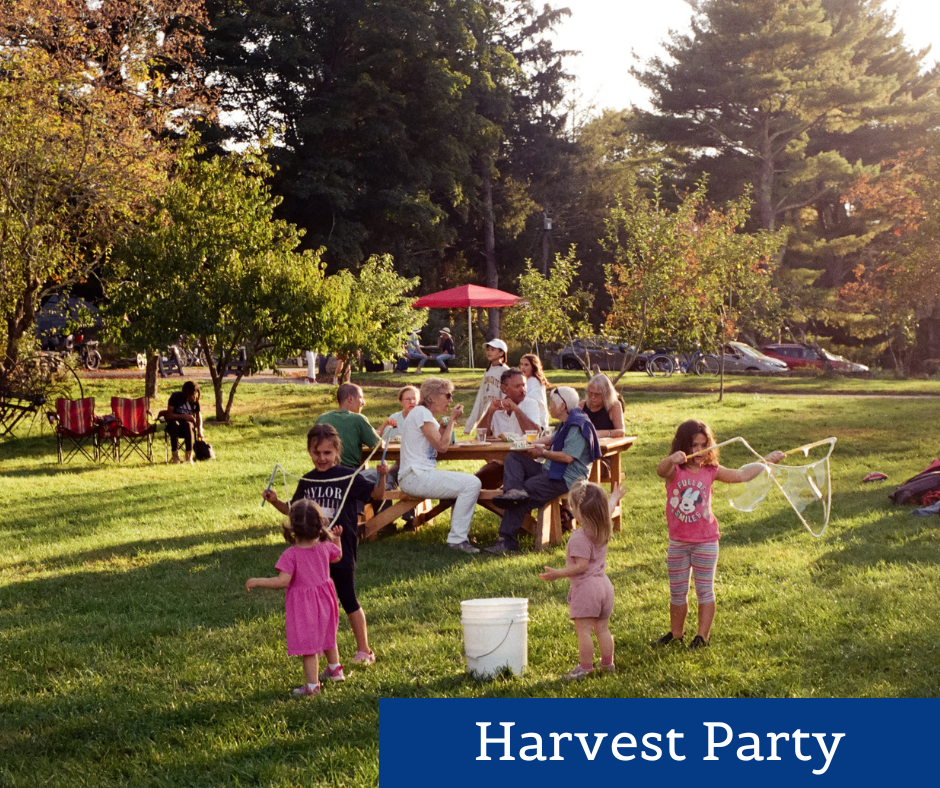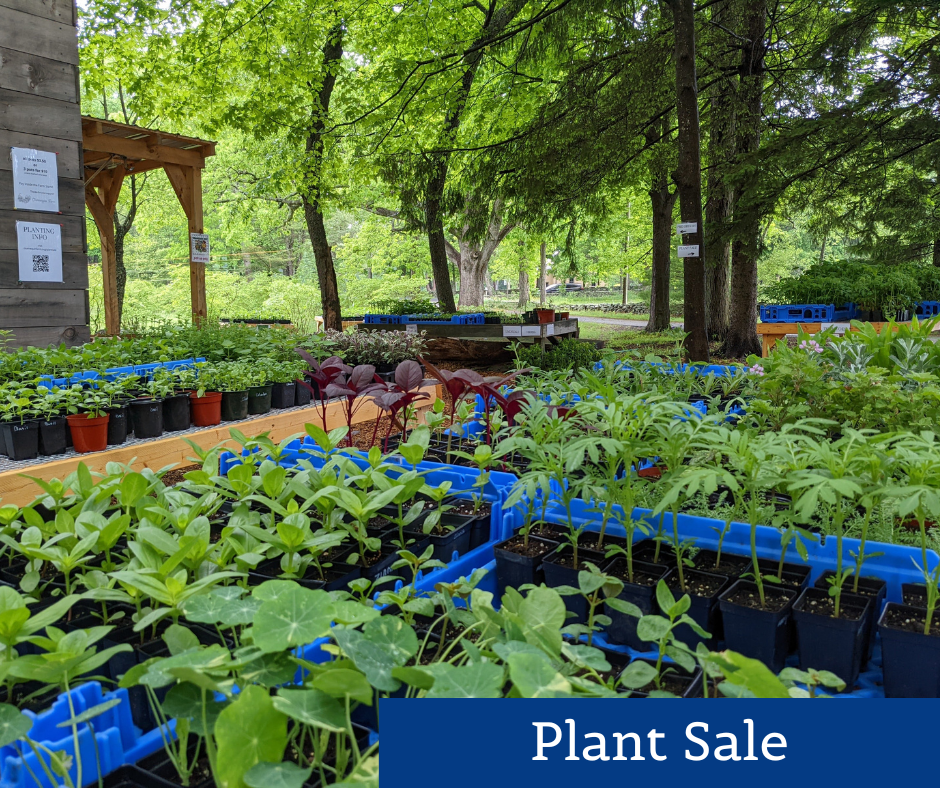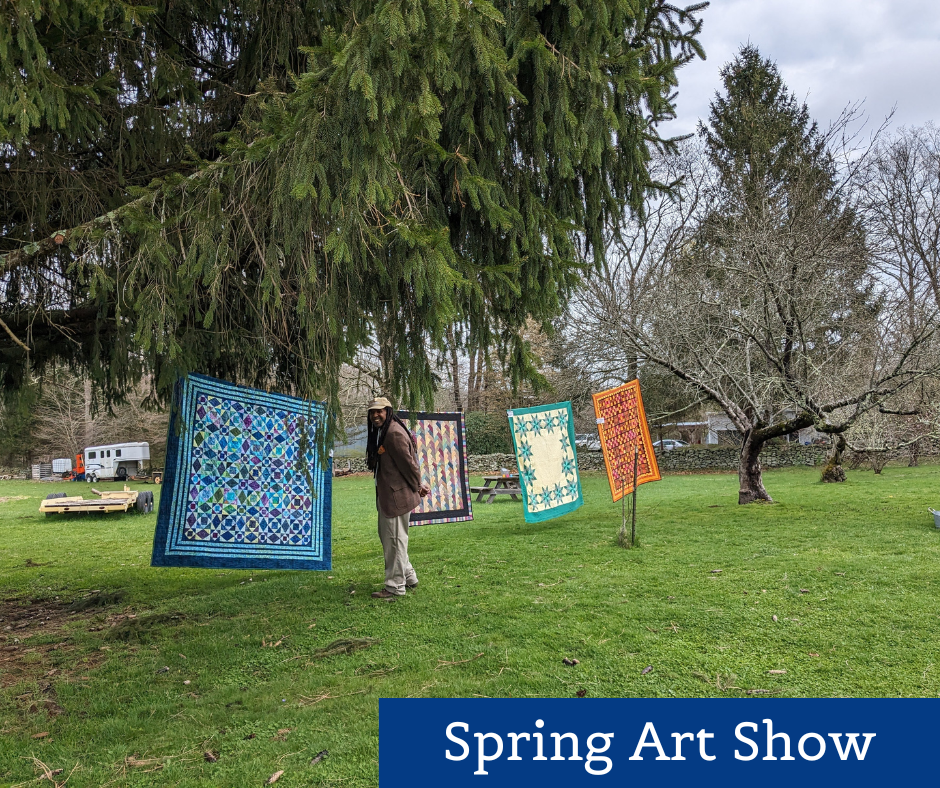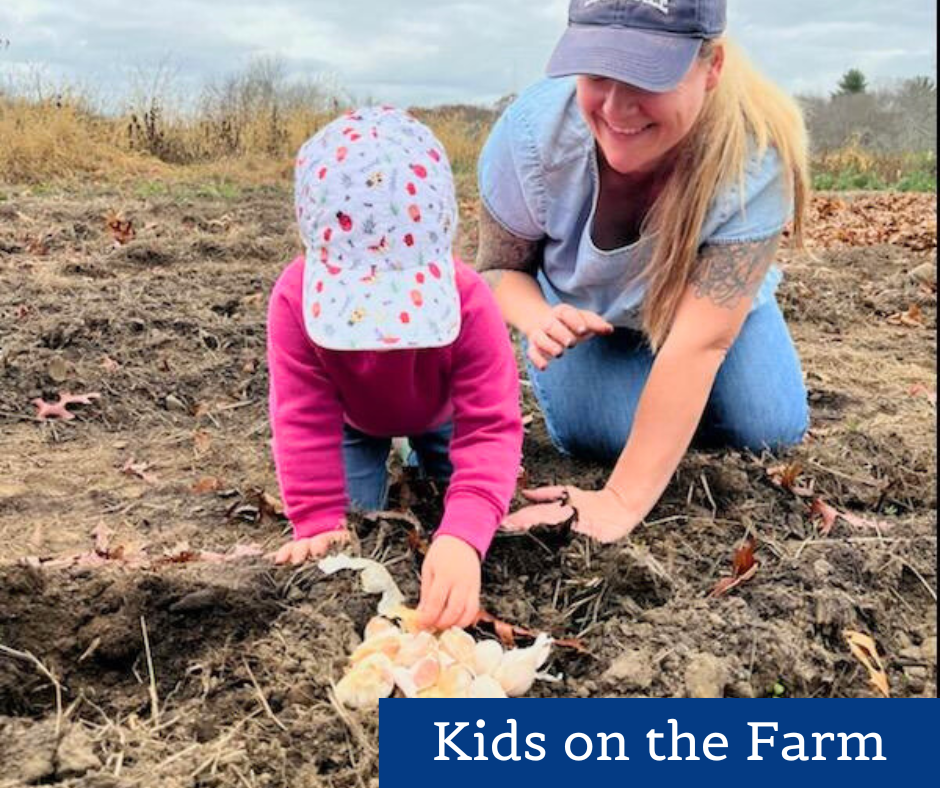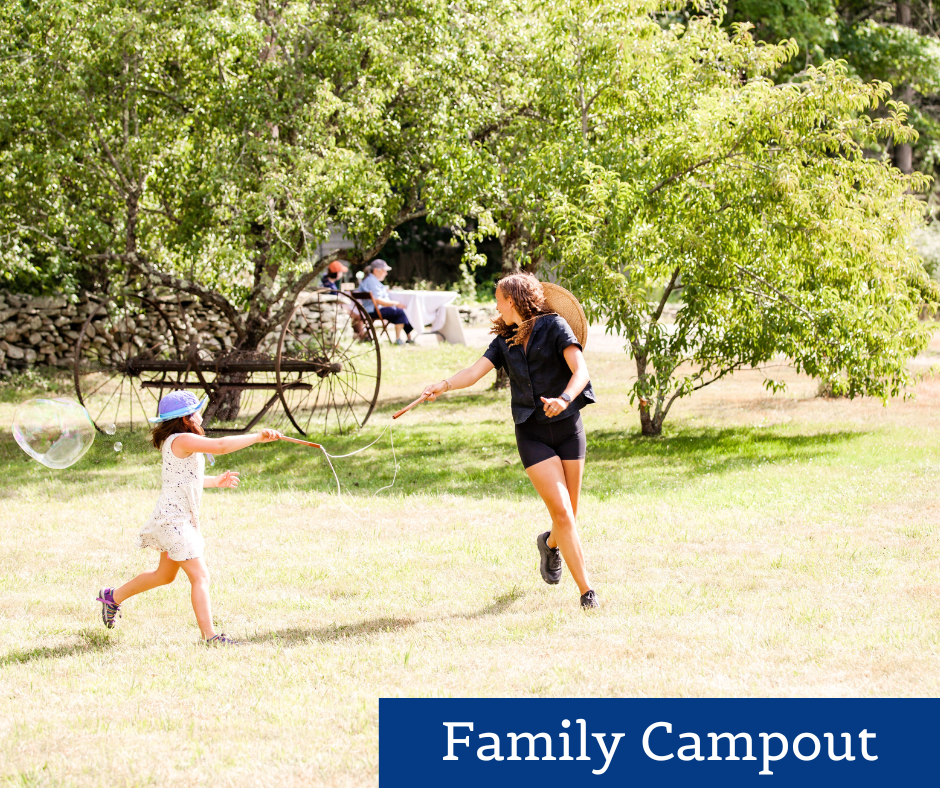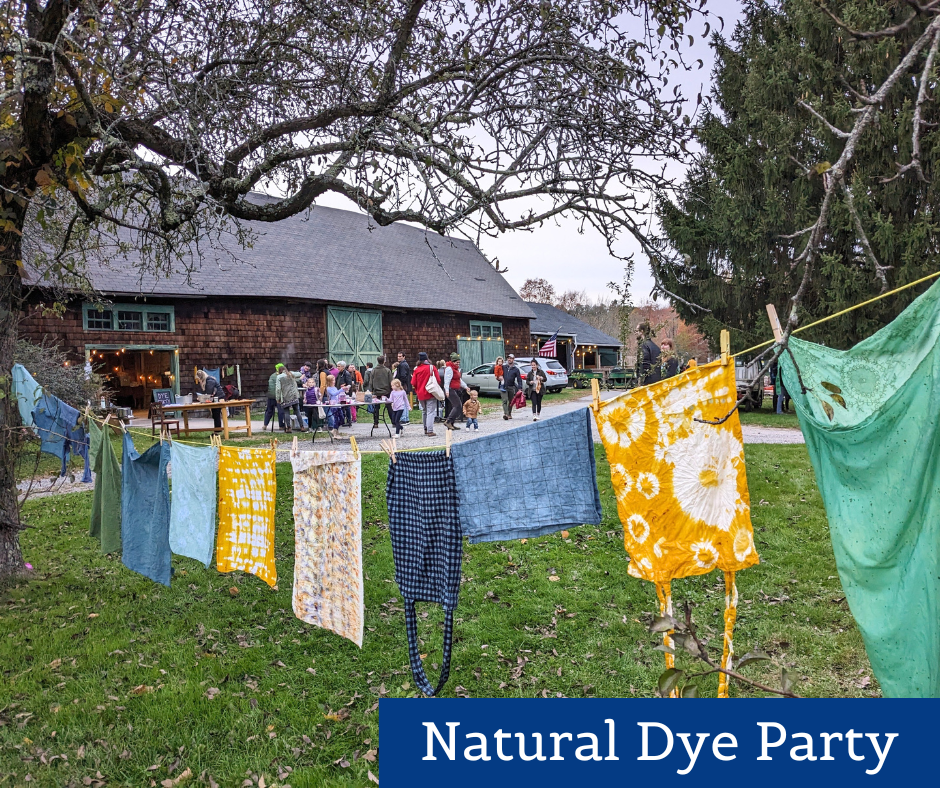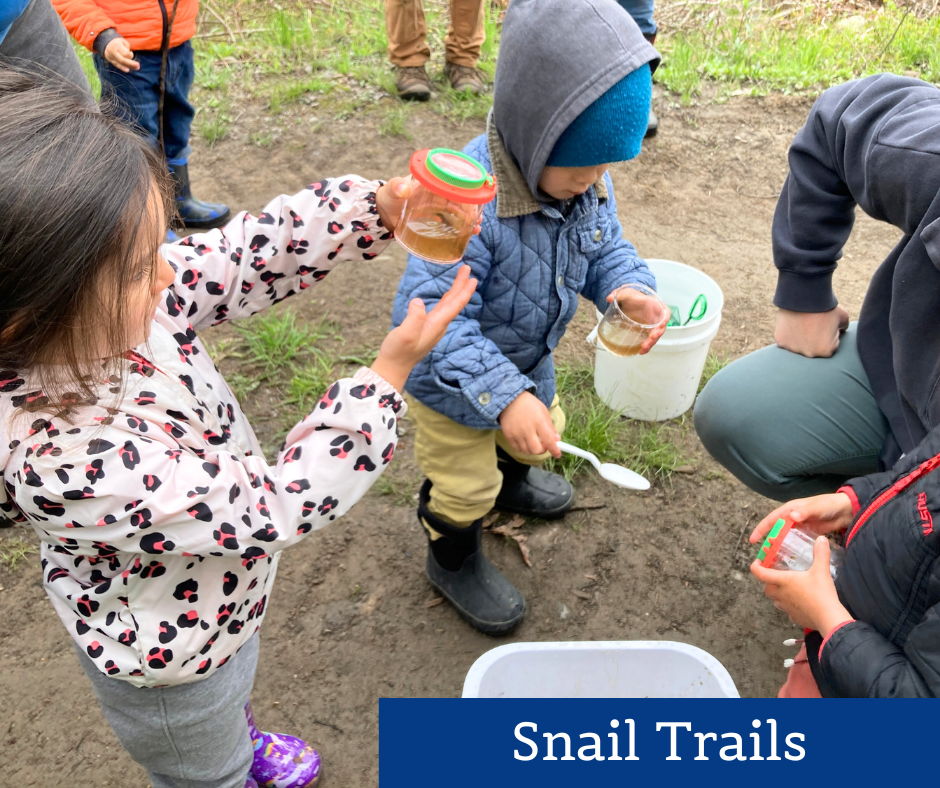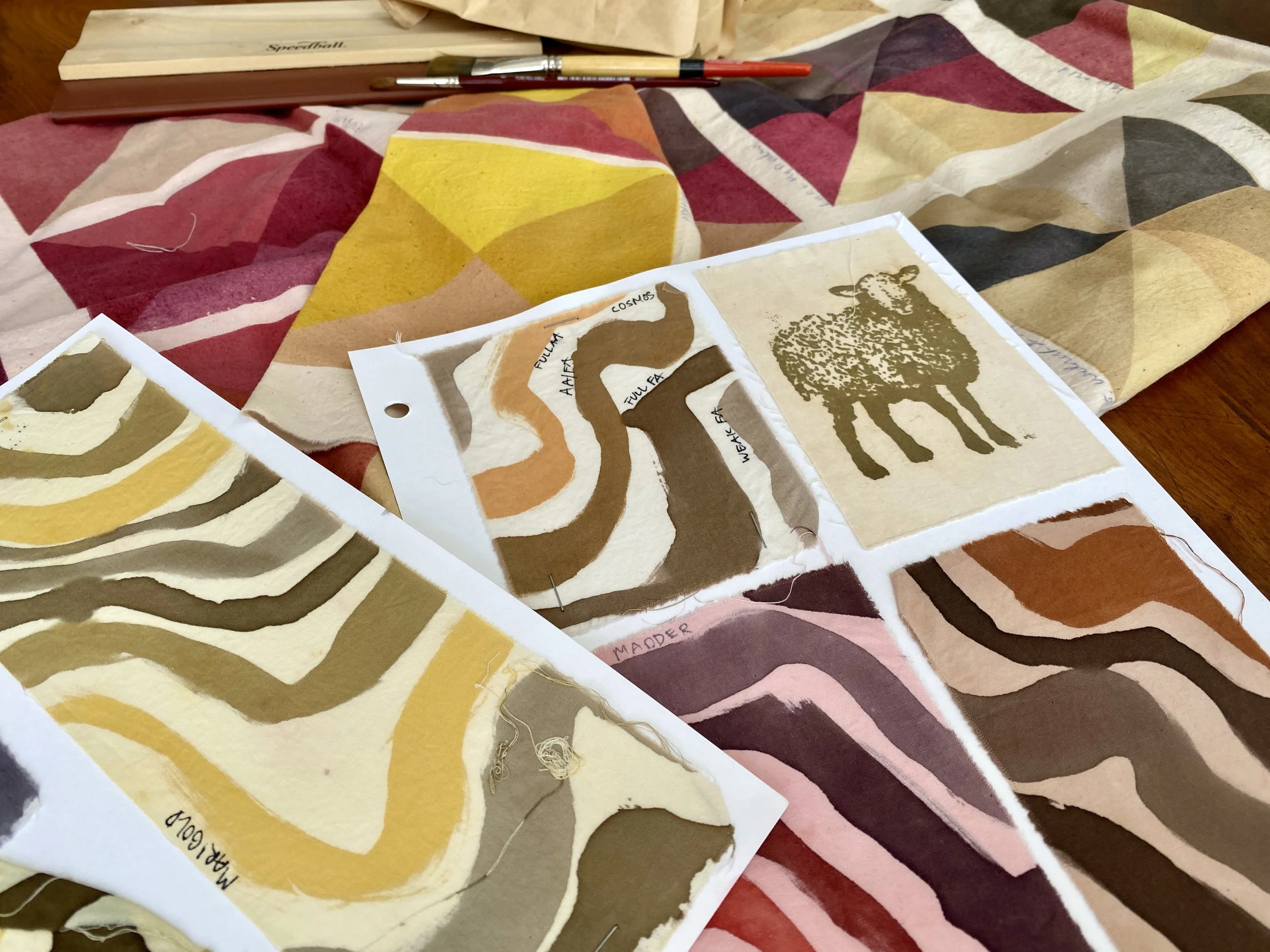Mordant Printing Workshop
with Clara Boberg
Sunday, July 21st
10:00am - 3:00pm
$110 per person
Tickets here
Explore the world of natural dye printing as Clara leads you through the basics of printing using mordants.
A mordant is a fixative that helps bind a dye to a fabric. A textile is usually submerged in a bath of water and mordant, but in this workshop, we will thicken the mordant and apply it to dry fabric with a stencil, brush or screen so that we can control where the dye sticks to the fabric and create patterns and images when we dip it in the dye bath.
Clara will teach in depth about natural dye printing processes while you create your own stencils, test out prints with different colors, and print your own final pieces. A previous knowledge of natural dyes or fabric printing is not necessary.
What you’ll learn
How to prep fabric for dyeing
The recipe and process to apply mordants to cloth
How to create a gradient of tones by combining mordants
Low-tech fabric printing and painting techniques
The dye and finishing processes
What you’ll create
Several small cotton test swatches
1 larger piece of unfinished cotton
1 Organic cotton bandana
What you’ll receive
Recipes and instructions for the processes learned
Some pre-made stencils and screens to try out during the class
In person examples of natural dye printing
A list of resources for further learning, inspiration, and material sources
Tips on how to troubleshoot and take the process further
You will need
A lunch and a water bottle
About the Instructor:
Clara Hayong Boberg (they/he) is a New England-based textile artist and grower that specializes in natural dyes and fibers. They fell in love with the circular process of growing and using dyes and fibers because of the amount of time and care it takes to build a good relationship with the soil, plants, and surrounding community. Their work explores ideas of reciprocity, home, identity, and relationship building. A large part of their work is the process of sharing knowledge with others to create a communal space of curiosity and joy; this takes the form of workshops, intimate conversations, and resource sharing. They believe the process of working with and caring for the land in tandem with learning the social, environmental, and cultural histories of the spaces and materials they work with is required to be a responsible maker.
